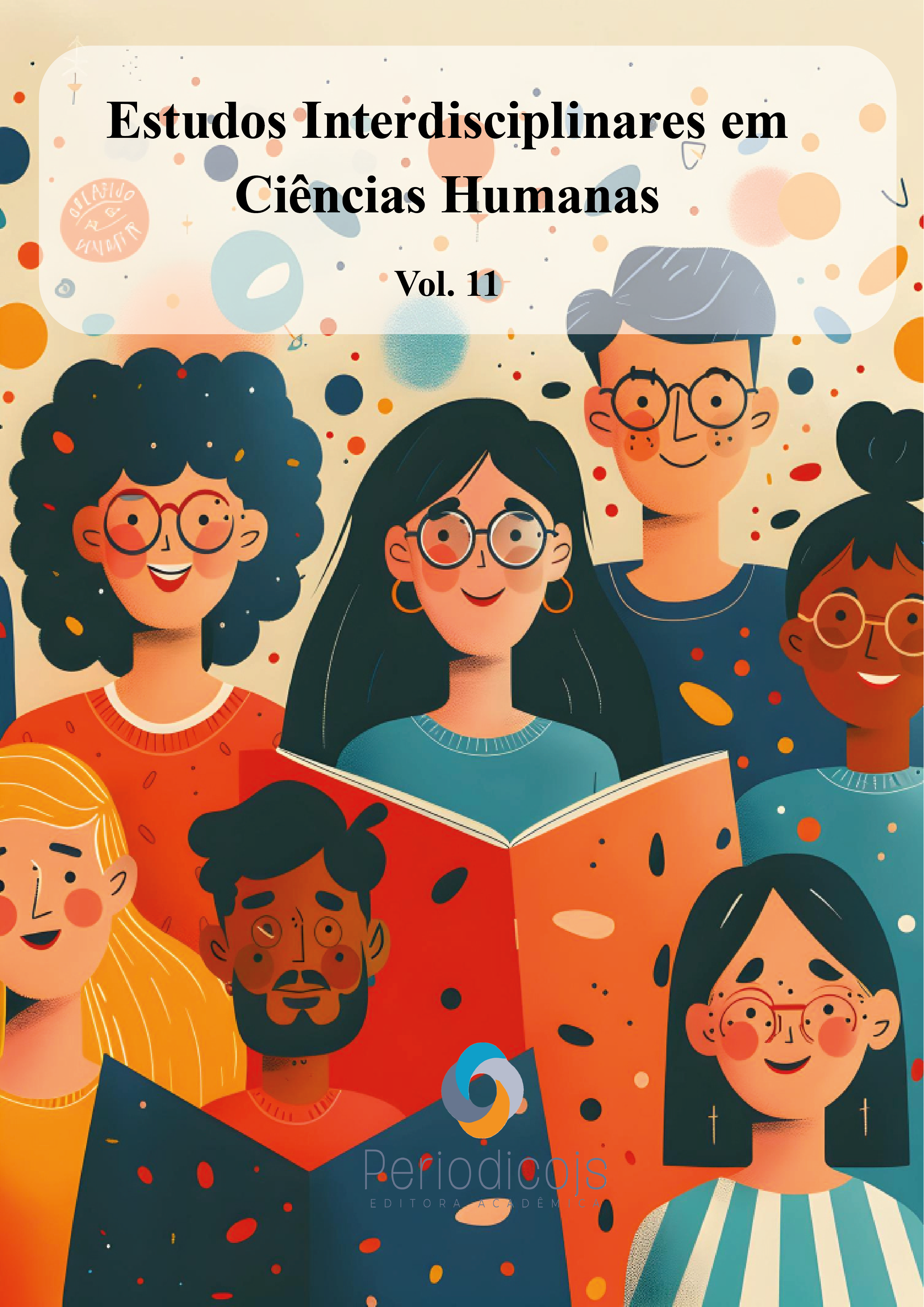Abstract
The last two decades have marked Brazilian education with regard to the advancement of technologies and, in parallel with this advance, a paradox must be highlighted in our country, which is the delay in promoting technology, whether in terms of investments in equipment, or in qualification of education professionals. This scientific article seeks to justify the challenges faced by teachers during the pandemic in the face of the surprises and necessary confrontations imposed by this period of extreme difficulty and extreme suffering experienced by humanity. The main objective of this work is to highlight the urgent need to value more the use of educational technologies, as well as those who will need to make use of this apparatus, with emphasis on teachers who, being well trained, will produce generations of citizens and professionals prepared for the life indeed. In order to obtain the result proposed in this article, we invited three professors from different areas, of which, two agreed to provide information through their experiences in the pandemic for the preparation of this work, which led us to understand that the current model of education in Brazil, with regard to implementation and use of available technologies calls for a more critical and comprehensive view on the part of government officials and managers. Paradigms need to be broken and creative, effective and permanent actions need to be implemented, under penalty of going through even more challenging and embarrassing situations than those that occurred in the covid 19 pandemic.
References
BRASIL. Constituição Federal. 1988.
BÍBLIA SAGRADA.
CASTELLS, Manuel. A SOCIEDADE EM REDE. Volume 1. A era da informação, 6ª edição – Paz e Terra – São Paulo, 1999.
FARIA, Elaine Turk. O professor e as novas tecnologias. Ser professor, v.4, 2004.
HABOWSKI, Adilson Cristiano; CONTE, Eleine; TREVISAN, Amarildo Luiz. Por uma cultura reconstrutiva dos sentidos das tecnologias na educação. Educação e Sociedade, 2009.
LÉVY, Pierre. A Máquina Universo, Porto Alegre: ArtMed, 1998.
LÉVY, Pierre. Cibercultura. São Paulo: Ed.34, 1999.
MARTINS, Sandra Cristina Batista, et al. As Tecnologias na Educação em tempos de Pandemia: Uma Discussão Impertinente. Interações, 2020.
MORAN, José Manuel. Palestra proferida pelo Professor José Manuel Moran no evento “Programa TV Escola - Capacitação de Gerentes”, realizado pela COPEAD/SEED/MEC em Belo Horizonte e Fortaleza, no ano de 1999.
MORAN, José Manuel. OS NOVOS ESPAÇO DE ATUAÇÂO DO PROFESSOR COM AS TECNOLOGIAS – revista Diálogo educacional, Curitiba, v.4, nº12, 2004.
MORAN, José. Educação híbrida: um conceito chave para a educação, hoje. Ensino híbrido: personalização e tecnologia na educação. Porto Alegre: Penso, 2015.
PEREIRA, Alda; MORGADO, Lina; MENDES, Antônio Quintas; AMANTE, Lúcia - (2006). Um Modelo Pedagógico Para o Ensino Graduado Online. Actas do I Colóquio Luso-Brasileiro de Educação a Distância e Ambientes Virtuais de Aprendizagem. UNEB, Salvador, Bahia, 11 de setembro de 2006 – Revista Portuguesa de Pedagogia – ano 42-3. 2008, 99-119.
PONTE, J.P. Tecnologias de Informação e Comunicação na Formação de Professores: Que desafios? Revista Iberoamericana de Educação, nº 24 OEI, 63-90. http:// www.campus-oei.org/revista/rie24f.htm, 2000.





